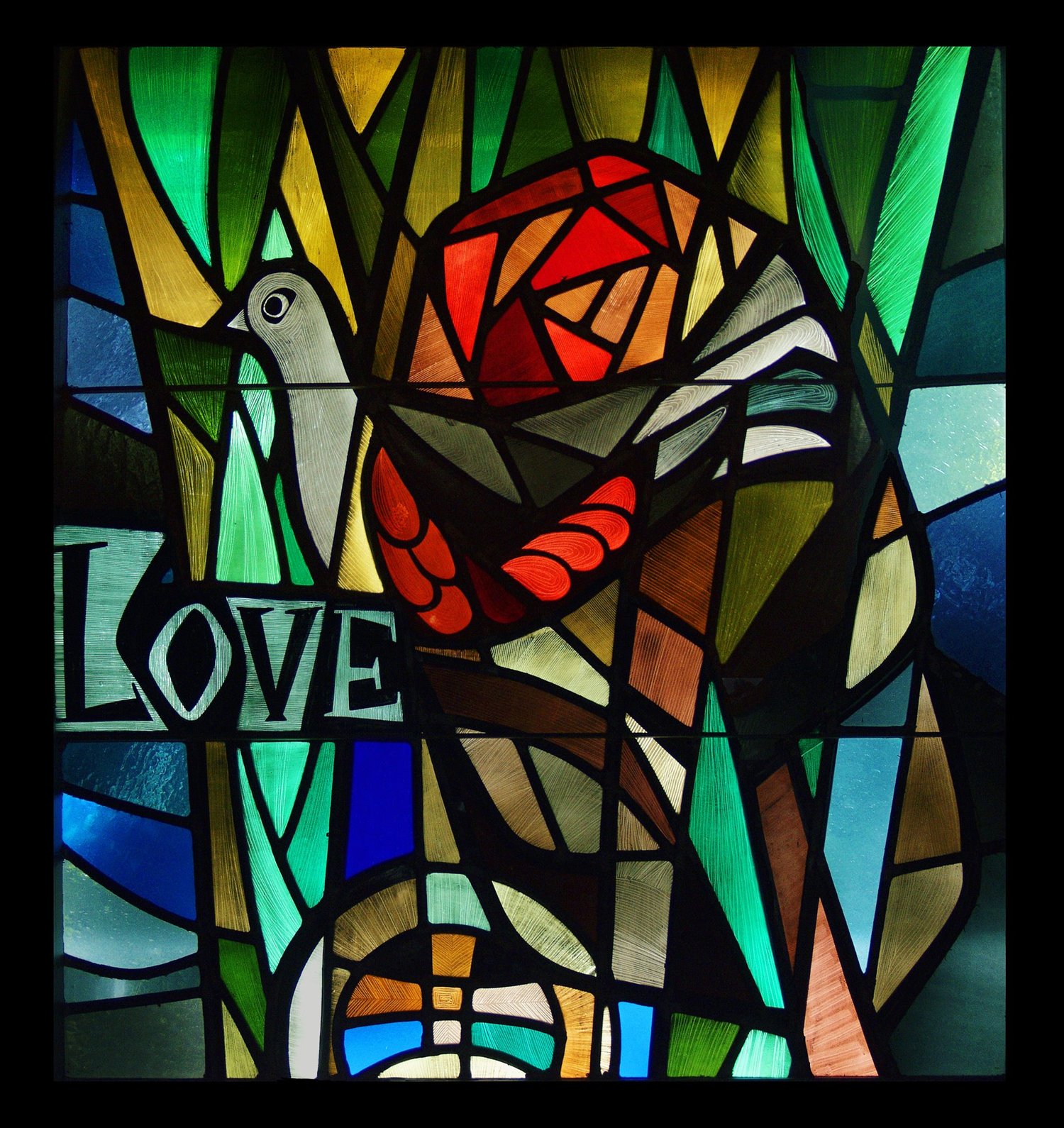Join Rev. Barbara the first Friday of the month over Zoom. Over a beer or soda, coffee or tea, we’ll talk about a topic related to current events or the life of Faith.
October 31, the day before All Saints Day, is Reformation Sunday. On that date in 1517, Martin Luther allegedly nailed 95 Thesis on The Church door in Wittenberg, Germany. I say allegedly, because while the 95 Thesis are real, there is some question among historians whether they were actually nailed to the church door. Luther was questioning the church practice du jour of paying for salvation by what was then called “indulgences.” Luther maintained the grace of God is given freely, although not without cost – death on a cross – as Paul would say. Dietrich Bonhoeffer would later remind us that Grace is not cheap. Luther said our salvation, healing, and righteousness -however you might understand that - is solo gratia. That is, through grace alone. There is nothing we can do to earn grace or work for it. We simply need to receive God’s grace.
Recently Diana Butler Bass published 8 Thesis that are the foundation of her faith. Her first thesis is “Intentional Christian practices of faith - both devotional and ethical practices - are the point of formation for individual Christians and vital congregations.”
While I could go in a variety of directions here, I want to drill down and focus, on the word “grace” and how we might create an intentional practice surrounding “gratitude.” The Latin for grace is gratia, as used by Luther. Gratia (grace) being the root word for gratitude. The Spanish word for ‘thank you’ is gracias. The Greek word for ‘thank you’ is eucharisto. Another name for Holy Communion is “The Eucharist” – to give thanks.
Given all that, this upcoming Season of Thanksgiving, and our own liturgical practice of giving thanks during the middle of our worship service, in which I included the quote by David Steindl-Rast, “It is not joy that makes us grateful; it is gratitude that makes us joyful,” my topic for Theology on Tap is “How can you/we create an intentionality of being grateful as a point of formation whereby we experience the presence of that which is holy and sacred?”
Join Zoom Meeting:
https://us02web.zoom.us/j/85477373134?pwd=bHUwZlZva2t4c2l2YXpZeXBlZ1Q4QT09
Meeting ID: 854 7737 3134
Passcode: 910601

